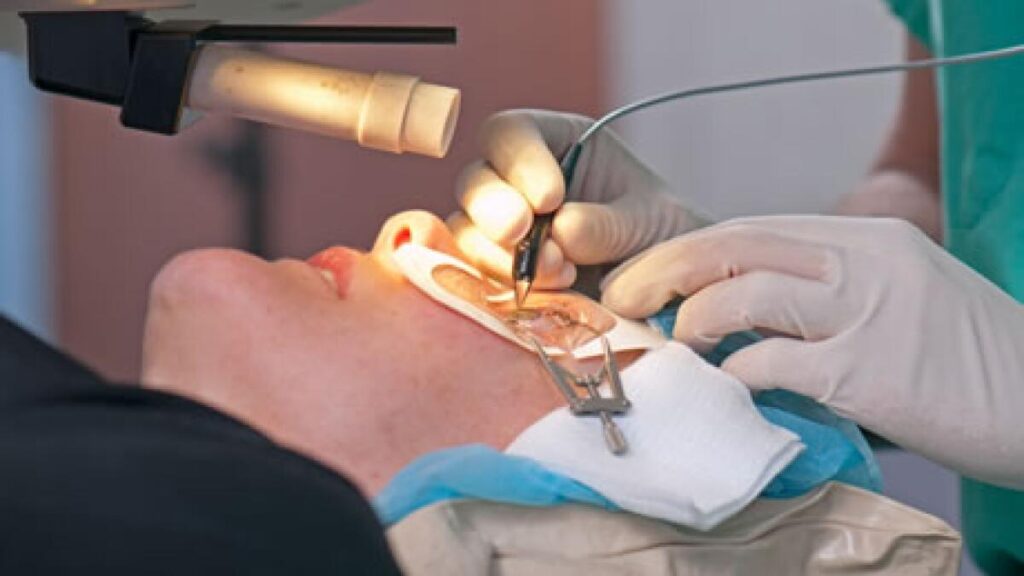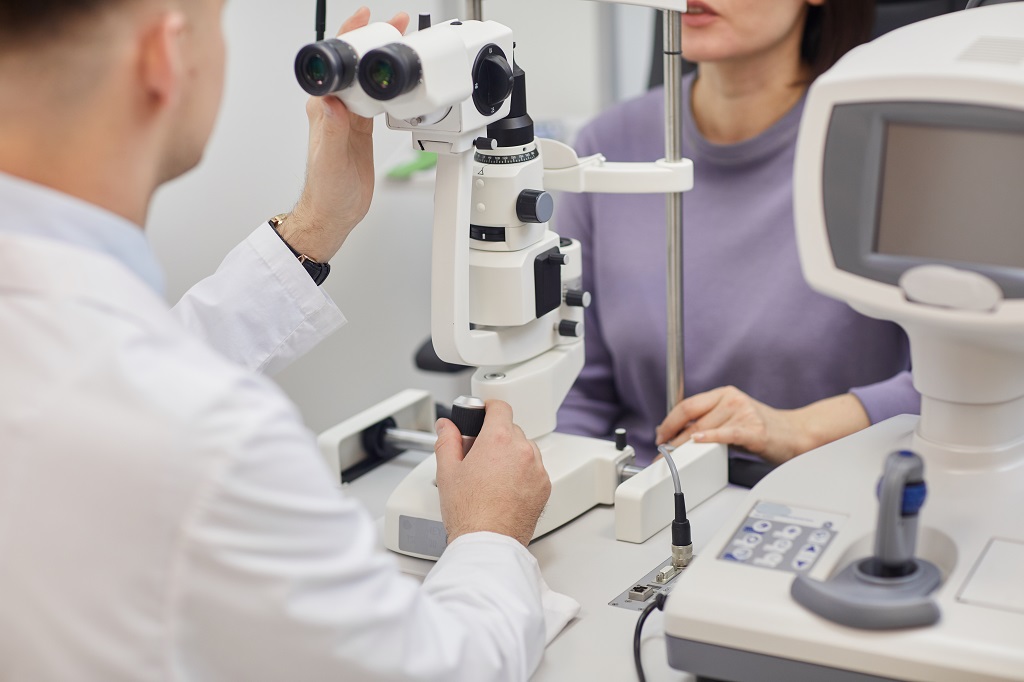Having a vision-correcting surgery is quite a life-altering situation, and as such, it’s normal to be a little nervous, especially if you are about to go through it. As much as surgery lasik is commonplace among visually impaired folks, experiencing it for the first time could be quite scary for you.
With the feeling and idea of “your eyes going under the knife,” you may have some questions that you most certainly want answered before entering the theatre. Rest easy, in this piece we shall be discussing 6 questions you may have about surgery lasik.
WILL THERE BE PAIN?
Your surgeon will also administer calming and relaxing medications to keep you in a state of rest during the surgery lasik. However, many visually impaired folks that have gone through this surgery claimed they experienced a slight burning sensation and itching after the surgery, but after a while it stopped.
Of course, this is the question you’d ask first right? Who wouldn’t want a pain-free surgery? You don’t have to worry. It’s not painful. Before the surgery begins, your surgeon will administer eye drops to keep your eyes numb. Though you may feel some pressure during the surgery, you shouldn’t feel pain in any way.

HOW DO I KNOW I’M AN IDEAL CANDIDATE FOR A SURGERY LASIK?
If you want your vision to remarkably improve and you’re ready to ditch glasses and contacts, surgery lasik might be the best alternative. However, how do you know you are due for it? There are some criteria you must meet to be considered for a vision-correcting surgery.
You:
- Must be up to or past 18 years
- Must have no vision changes within the last two years
- Must have good overall eye health and have no history of chronic dry eye condition, glaucoma, or cataracts
- Must have a thick cornea
- Must not be pregnant or breastfeeding as spiked hormone levels during pregnancy can alter the shape of the eye
- Must not be suffering from an autoimmune disease which makes healing difficult after surgery
Before you are scheduled for a surgery lasik, your eye doctor will thoroughly examine your eye. Your pupil size, cornea thickness, and any refractive errors such as astigmatism, hyperopia, myopia, and other eye conditions will be checked.
In the interest of being on the safe side, your doctor will check how moist your eyes are and also recommend a precautionary measure in order to ensure the surgery doesn’t lead to you developing dry eyes.
Of course, one can’t be too careful when dealing with the eyes as they are quite delicate. Of all types of surgery, LASIK (among some others) must be done with extreme caution. Ensure to meet all the criteria listed above before going for a vision-correcting surgery.

WHAT IS INVOLVED IN A SURGERY LASIK?
The aim of a surgery lasik is to alter the shape of the cornea in order to make for better retina image-focus. This allows for a clearer vision. To get this effect two lasers are used.
On the day your surgery is scheduled, these are what you’ll expect among other minor things:
- Your doctor will run a test on your eyes to ensure their overall health
- Your surgeon will sedate you and eye drops will be placed on both your eyes, rendering them numb
- Your surgeon will create a thin circular-like flap in your cornea with a femtosecond. The flap will be folded. This allows the surgeon to access the underlying parts of the cornea (the stroma).
- From the cornea, small amounts of tissue are removed with a laser with ultraviolet beams. This helps reshape the cornea, and also ensures light is focused on your retina for improved vision
- If you are myopic, the surgeon will flatten your cornea with the laser. If you are hyperopic, the laser will make your cornea steeper.
- The circular-like flap initially created will be placed in the removal spot of the corneal tissue.
- Afterwards, the cornea heals naturally and that’s it.
After this, you’re healed and ready to begin anew with an improved vision. This is the kind of eye surgery LASIK experts carry out. It’s quite a simple procedure though, and a painless one.

WILL THE RESULTS FROM THE SURGERY BE IMMEDIATE?
After the surgery, you’ll be able to see distanced objects and images you could see before. You may experience fuzziness and a little haziness in your eye sight but after a while, it’ll get better. Your vision will gradually keep improving days after the surgery.
Your eyes may sting a little and they may be sensitive to light, but after a while, it’ll improve. So, be quite patient if you experience these things. It’ll be gone in a few days. However, be sure to check in with your eye doctor should it persist.
ARE THERE ANY RISKS INVOLVED IN SURGERY LASIK?
Like every other surgery, there are risks involved in a LASIK eye surgery. As much as it is rarely occurs, it may take some weeks before you begin experiencing full vision improvement. Some of the conditions you’ll have to deal with include:
- Dry eyes
- Infection
- Inflammation
- Impaired night-time vision
- Overcorrection and undercorrection (this will require contact lenses or glasses to see better)
HOW’S THE RECOVERY PROCESS?
After the surgery lasik, you’ll be briefly examined (a post-op eye exam). Once your doctor discovers your surgery was done successfully, you’ll be discharged and allowed to return home. If you are a driver, when you come for a follow-up visit the next day, your doctor will verify if your vision has improved and it is within the legal driving standard.
After a week, you’ll see your doctor again to check your eyes. The outcome of this visit will help your doctor determine if subsequent follow-up visits are necessary. You should also take a week off from work and ensure you don’t indulge in any strenuous activities as they could affect the healing process.
FINAL THOUGHTS
Thus, if you have any of these questions, or you are scared, rest easy. Of all the types of surgery LASIK experts carry out, this (among some others) is the most successful.
Other Articles
A guide on how to do a rapid antigen test from your nose
Types of CPAP masks explained




